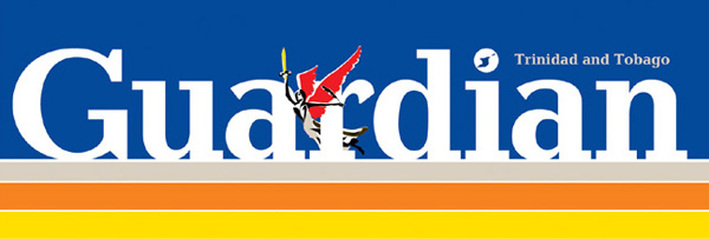Now it is worth pointing out that few in the Caribbean claimed APD is stopping tourism; rather many stress it is unfair—and the High Commissioner’s own figures bore that out. The second thing was the High Commissioner’s argument about “tourism product” costs, which, while true relatively, mask a problem often ignored in discussion about APD: APD affects the ability of many Caribbean emigrants and Caribbean people living in the Diaspora to return, travel back, and visit the Caribbean. And with regard to the High Commissioner’s third point, any scientists doing their homework will tell you that APD and similar “environmental taxes” do not stop or offset climate change. What is needed on that front is a zero-growth economy—something a little radical for most politicians. While varied, the Caribbean Diaspora in the UK is just under one million. Some possess tertiary-level qualifications; many more are classed as low-income workers or professionals.
Like economic reality for most Brits under UK Austerity 2013, it is hard to imagine all but a small group of Caribbean emigrants with large disposable incomes right now. So any increases in air travel prices, even small ones, could prevent many people from affording travel to the Caribbean, where previously they could have; a discussion point often missing.
It is also important to reflect—no matter what some writers in the tourism sector suggest—that Caribbean emigrants are in the main not returning to the Caribbean for any tourism product. Rather, many return to the Caribbean to connect, see and maintain their links to family and friends, or to retire.
In a global economy in which the Caribbean and its labour force have always been abused—whether through slavery and colonialism, the low-income workers of the Windrush era, or the present service culture of modern Caribbean tourism (we serve, they visit)—Caribbean people can fairly say the socio-economic playing field has never been as opportune for them as some populations elsewhere.
As such many Caribbean families have seen members leave to live abroad. For a rough figure, ECLAC estimate that over the last 50 years the Caribbean has lost five million people and their economically productive lives to emigration.
Many within the Caribbean Diaspora left home due to poor employment opportunities, lack of educational opportunities or low remuneration levels. All of which are part of the historical legacies the Caribbean developed out of and the difficulties small island nations face in constructing competitive economies with high levels of employment.
In such a world remittances are major sources of cash for all Caribbean nations. In 2011 the Inter-American Development Bank (IDB) reported, “Jamaicans abroad sent home US$2 billion.” Other remittance figures included: to Guyana US$401 million, T&T US$131 million, Suriname US$114 million and Belize $107 million.
From an anthropological perspective another important fact about the Caribbean Diaspora is the way it affects Caribbean family forms and culture. Many young people in the UK of Caribbean heritage are members of transnational family and kinship networks that anthropologists describe as “globally dispersed families.”
The experiences of some of these families are well documented. One characteristic of these families is the way in which travel to the Caribbean from the UK can be an important ritual and rite in the construction and maintenance of shared memories, histories, customs, language, traditions, values, trust, and reciprocity.
In the context of a British government policy not likely to be altered in the current global economic climate, it is easy to see why the good High Commissioner chooses to defend APD. Not to mention it is part of his job description to defend British interests and ideas about the world. That said, Caribbean culture and families are transnational for a variety of historical, economic and social reasons dictated to our islands rather than necessarily chosen by them.
In that light, rather than accept the defence of APD, we might alternatively describe APD from our point of view as a prohibitive tax that suffocates the transnational culture of the Caribbean and its families for crude economic calculations by a foreign government in financial turmoil.
http://guardian.co.tt/columnist/2013-07-22/apd-and-caribbean-families

 RSS Feed
RSS Feed